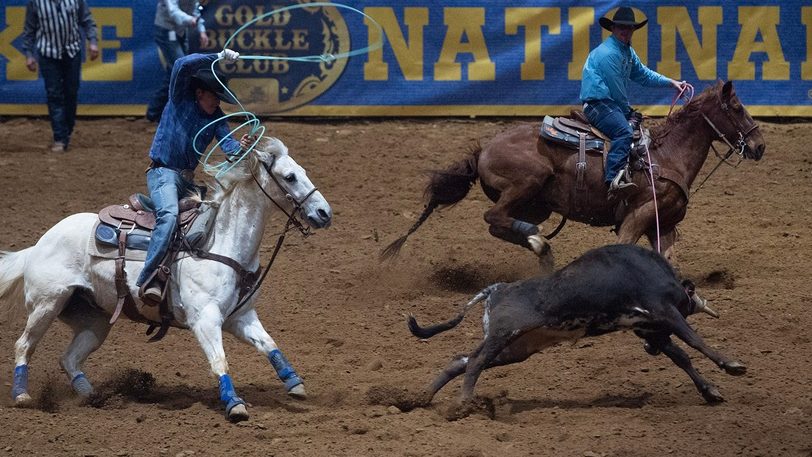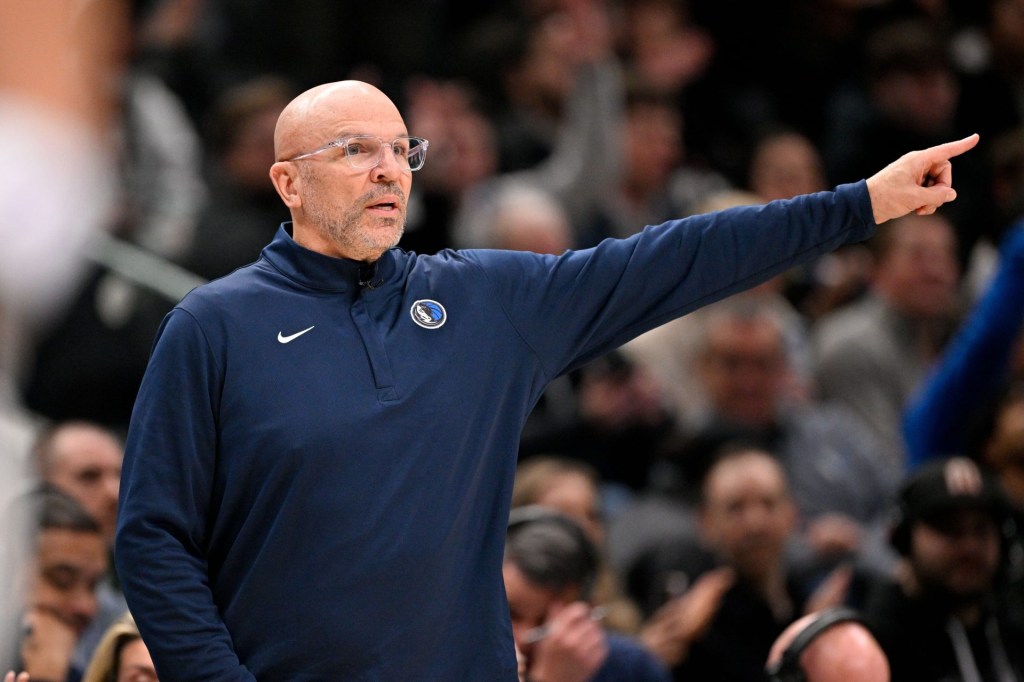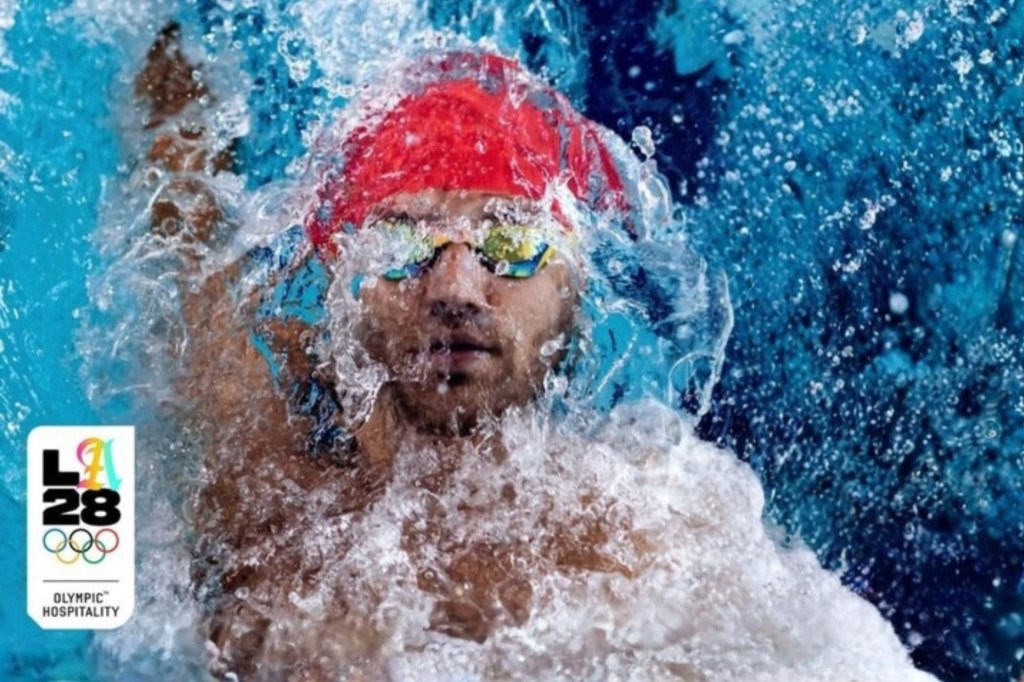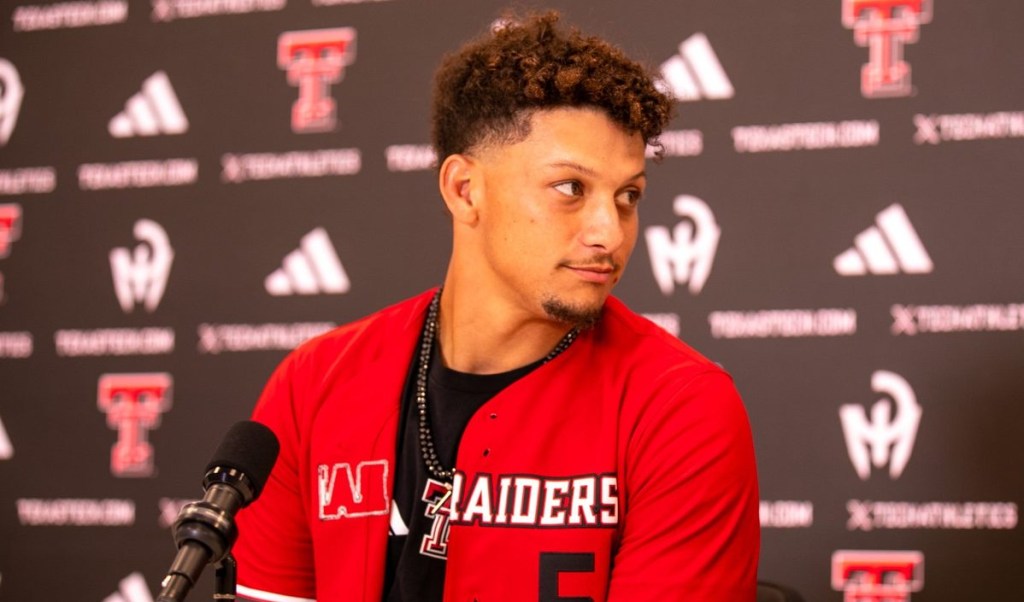Brian Davis’ $7 billion bid for the Washington Commanders has been treated as a rumor since a DC sports talk show ran with it last month.
Even after a Friday report by D.C. CBS affiliate WUSA-9 spelled out new details of the bid, one question remained: How does Davis have the billions needed for an all-cash offer that could make him the first Black controlling owner in NFL history?
There are indications that the source of the funds originated from the Middle East, two sources with first-hand knowledge of the bid told Front Office Sports on condition of anonymity.
Davis and his associates have been cagey about the source of the funds that they claim are backing the bid. One member of Davis’ camp told FOS that at least some of the funding is coming from Israel.
The other source outside of Davis’ inner circle said those involved in the process believe the true source of the funds is Saudi Arabia, which has used sports — including LIV Golf — to attempt to alter the image of the oil-rich nation that has faced international condemnation over human rights abuses.
“It’s been vetted,” a source close to Davis said. “They’re unencumbered, and they’re clean.”
In a WUSA interview after this story was published, Davis denied the funds came from Saudi Arabia.
“The money is not Saudi Arabian, and I’ve never been to Saudi Arabia,” Davis said.
There are other insiders who don’t feel Davis’ bid is real.
“It must be a typo,” one source quipped to FOS. “They probably meant $7,000.”
Sources within Davis’ camp expressed confidence that Snyder would accept the bid that is nearly $1 billion more than Josh Harris, whose $6.05 billion offer led to a tentative agreement. Davis’ bid of $7 billion on March 21 was nearly $1.5 billion more than the highest bids at the time before Harris’ upped his offer.
One source said the fact Snyder and Harris agreed to the framework of a deal after Davis’ epic bid is telling. That bid went in on March 21, well before Harris and Snyder agreed to that tentative deal. FOS confirmed that Harris’ preliminary paperwork had been sent to the league office, although the deal has yet to be finalized.
Bank of America—the firm tapped by Commanders owner Dan Snyder to handle— is reviewing Davis’ paperwork, and one source said that had delayed Harris’ bid from becoming official.
Bank of America didn’t return messages seeking comment about Davis’ bid. Attorneys for LIV Golf and the Saudi Public Investment Fund — which owns nearly all of LIV — also did not respond to FOS’ inquiries.
A source said the private backers sent that money to Urban Echo Energy, a company run by Davis. FOS found nine LLCs bearing the name of Urban Echo Energy — eight registered in Delaware on Jan. 31. In those eight registrations; each had the three-letter acronym: SPV, short for special purpose vehicle.
SPVs have multiple purposes, but one is to pool capital before an acquisition.
And Davis is offering more than just that $7 billion bid for a team that still needs a new stadium and other improvements.
Davis also would indemnify Snyder from any fines from the multiple ongoing investigations, WUSA reported. Davis has also offered an additional $500 million to cover closing costs, with most of it going to Bank of America, according to one source.
That total amount committed is nearly $3 billion more than Rob Walton paid for the Denver Broncos last year.
Davis and his associates have been opaque on the source, but the bid would face plenty of scrutiny if Snyder selects the bid. NFL Commissioner Roger Goodell has the authority to investigate the bid before the application is handed off to the NFL’s finance committee.
As the value of NFL teams has increased, the NFL’s requirements haven’t changed. One person has to have 30% liquidity to purchase a franchise as the controlling owner.
For a $7 billion bid, that would mean Davis would need $2.1 billion cash — and both Bank of America and the NFL’s vetting process would have to verify how long Davis has had those funds and where they came from.
Harris’ group — which includes billionaire industrial firm co-founder Mitchell Rales and former Laker Magic Johnson — has an estimated $12 billion in assets. Meanwhile, there’s no legitimate estimate for Davis’ net worth, and Davis has not announced any partners.
Davis reaped $50 billion — which would put him among the top 20 wealthiest Americans — from selling intellectual property, WUSA reported. Davis’ creation of a smart-city concept that generates power through solar panels and sells excess energy back to power companies, a source close to Davis said.
But FOS could not find any completed projects by Davis that used his smart city concept.
Davis and Duke teammate Christian Laettner had defaulted on nearly $30 million of loans and multiple lawsuits after the 2008 housing market crash. Other companies completed that project in North Carolina.
In 2016, a report stated that Davis was set to purchase a 10.43-acre waterfront property in Atlantic City, where he lived until age 12. Atlantic City’s city council approved that $5.3 million purchase, but Pro Football Network reported that there appears to be no development on that land.
Davis, 52, attended high school in Bladensburg, Md, before he won two national NCAA men’s basketball titles playing for Duke. His NBA career lasted 68 games, but he would end up with a small stake in the holding company for D.C. United before Davis and Laettner had their respective small percentage of ownership purchased in 2009.
Davis and Laettner also attempted to purchase 70% of the Memphis Grizzlies, and the two agreed to buy the franchise for $360 million in 2006. That transaction, however, fell apart when they couldn’t come up with the funds.
However, Davis and one of his associates continue to express confidence that Davis’ bid will win out.
“It doesn’t appear to be an issue for those who it matters most to: Snyder and the league,” a business partner of Davis’ said. “We’ll talk after the contract is signed.”
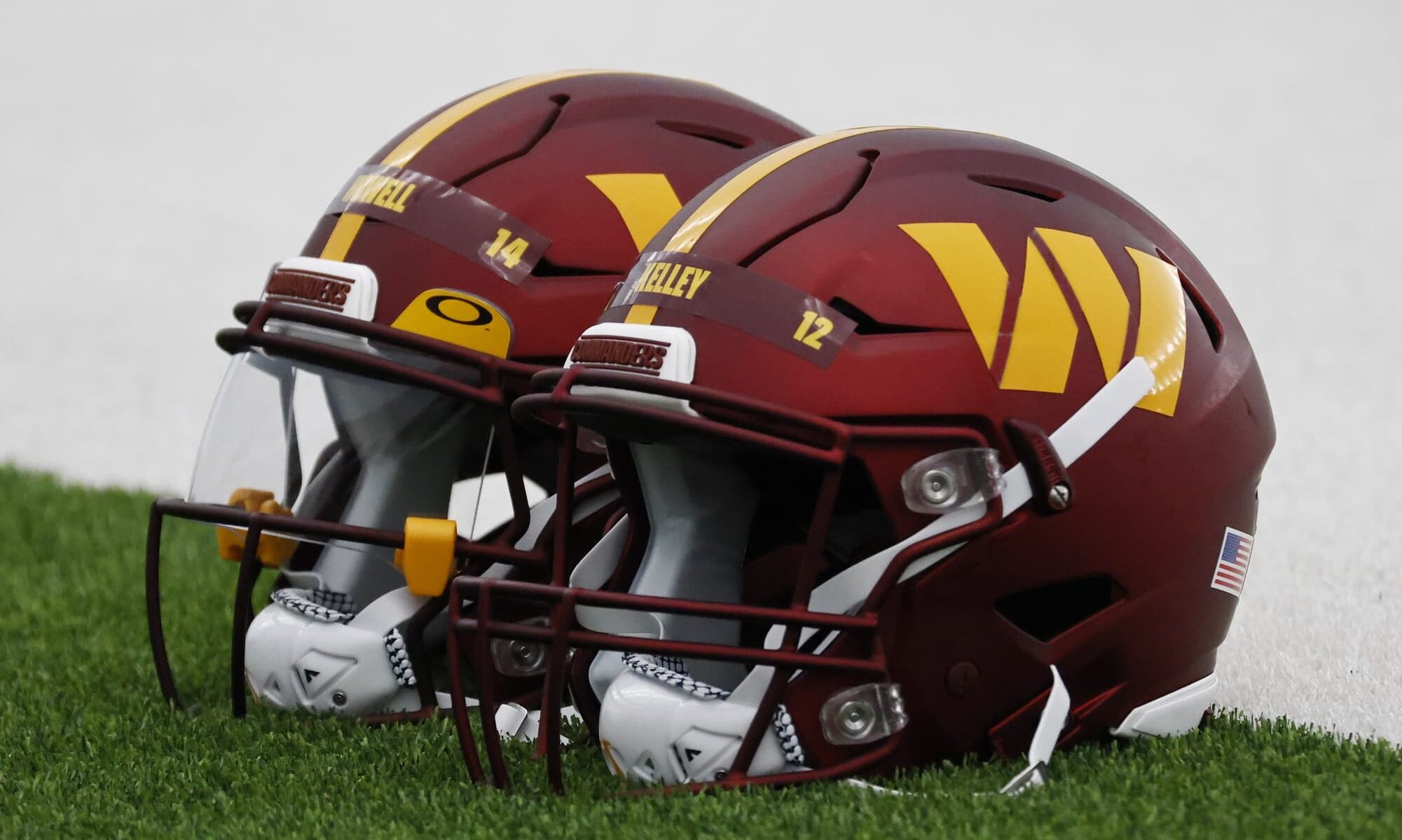

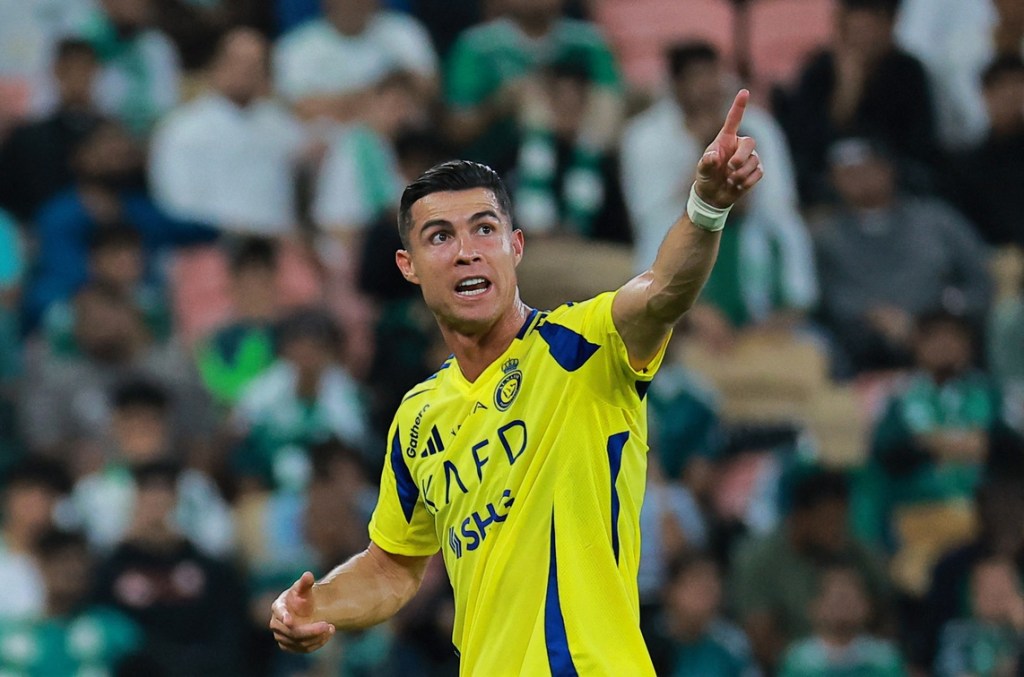
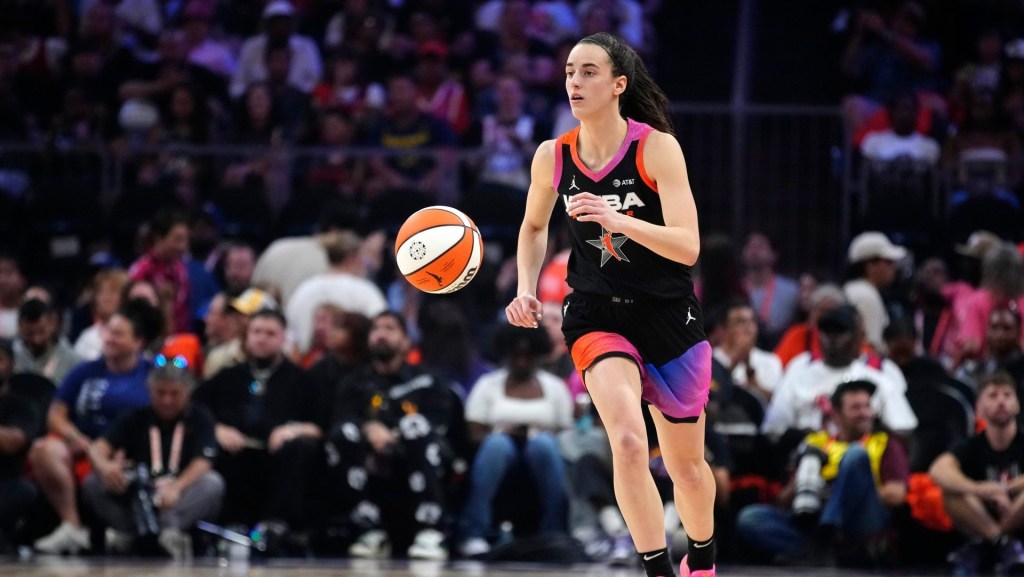
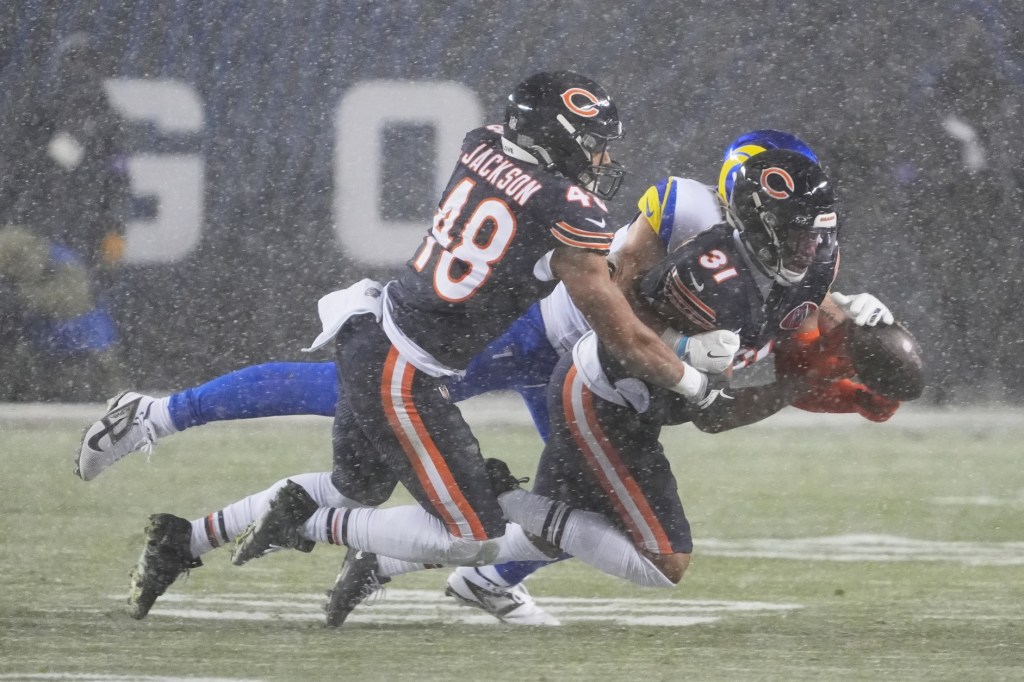
![[Subscription Customers Only] Jul 13, 2025; East Rutherford, New Jersey, USA; Chelsea FC midfielder Cole Palmer (10) celebrates winning the final of the 2025 FIFA Club World Cup at MetLife Stadium](https://frontofficesports.com/wp-content/uploads/2026/02/USATSI_26636703-scaled-e1770932227605.jpg?quality=100&w=1024)



